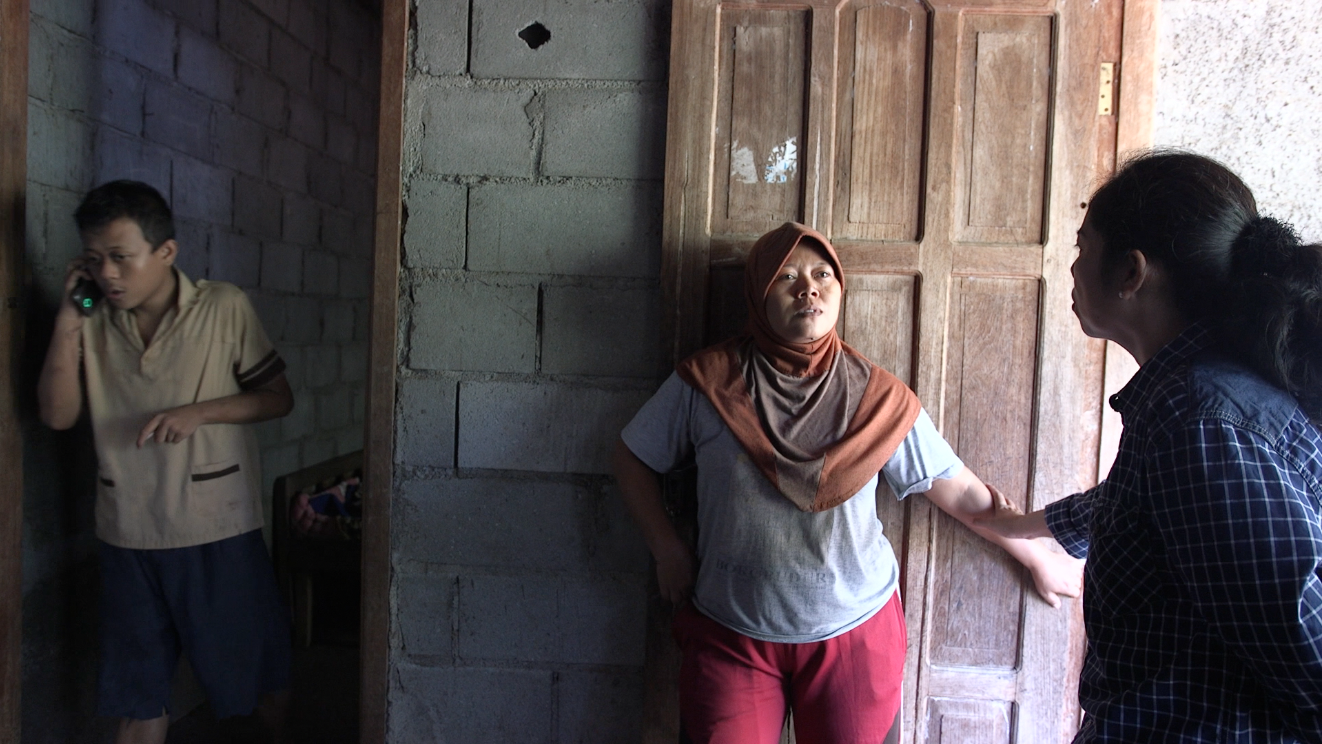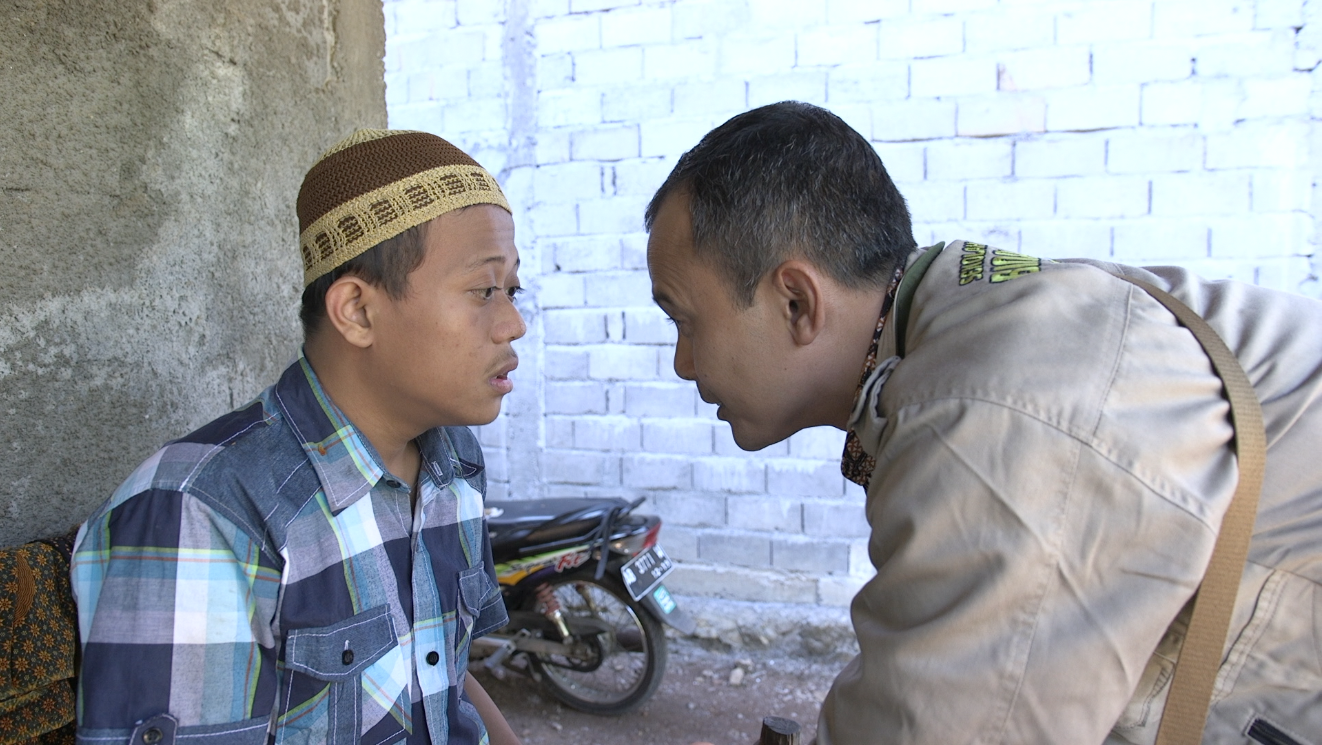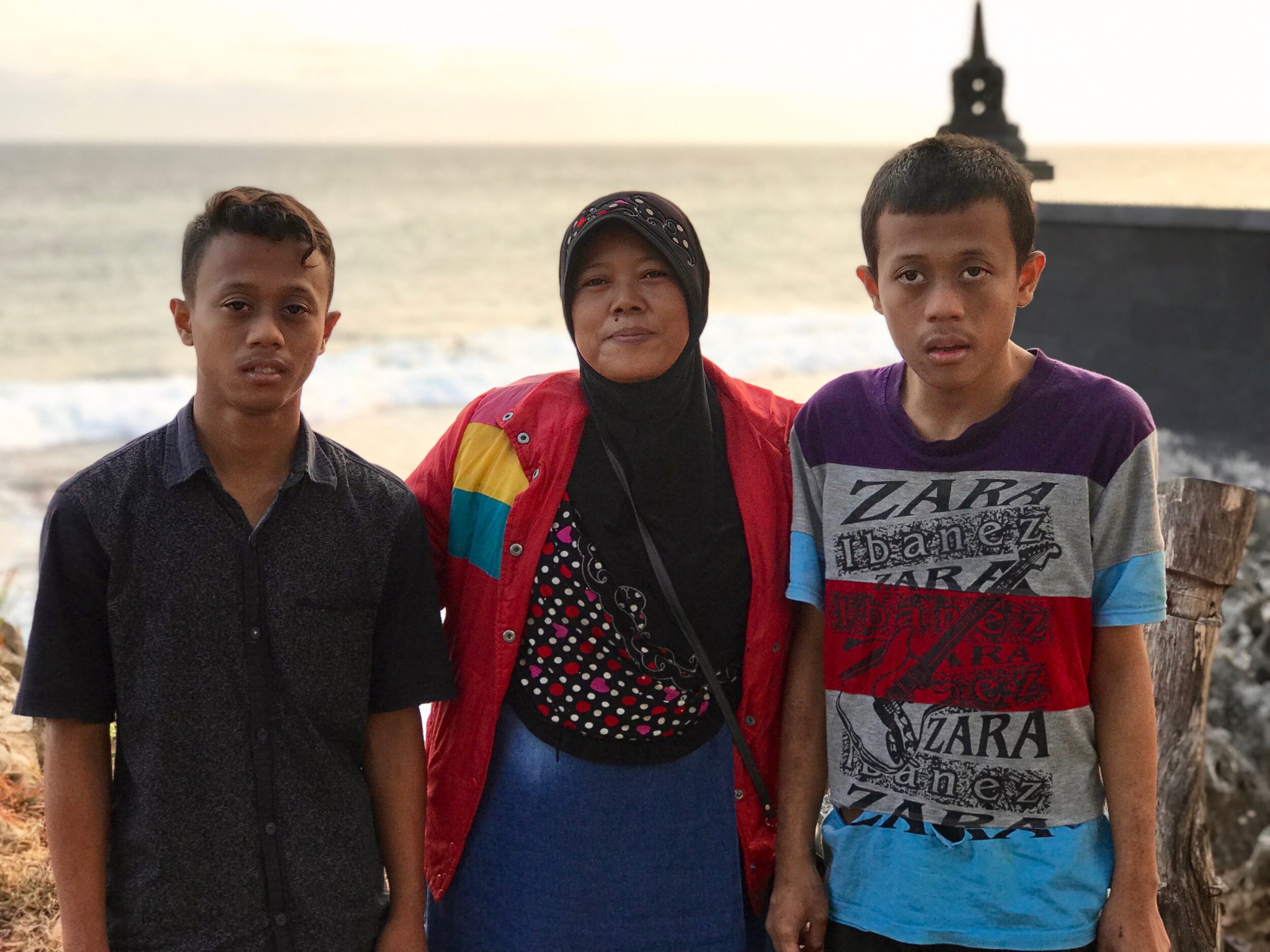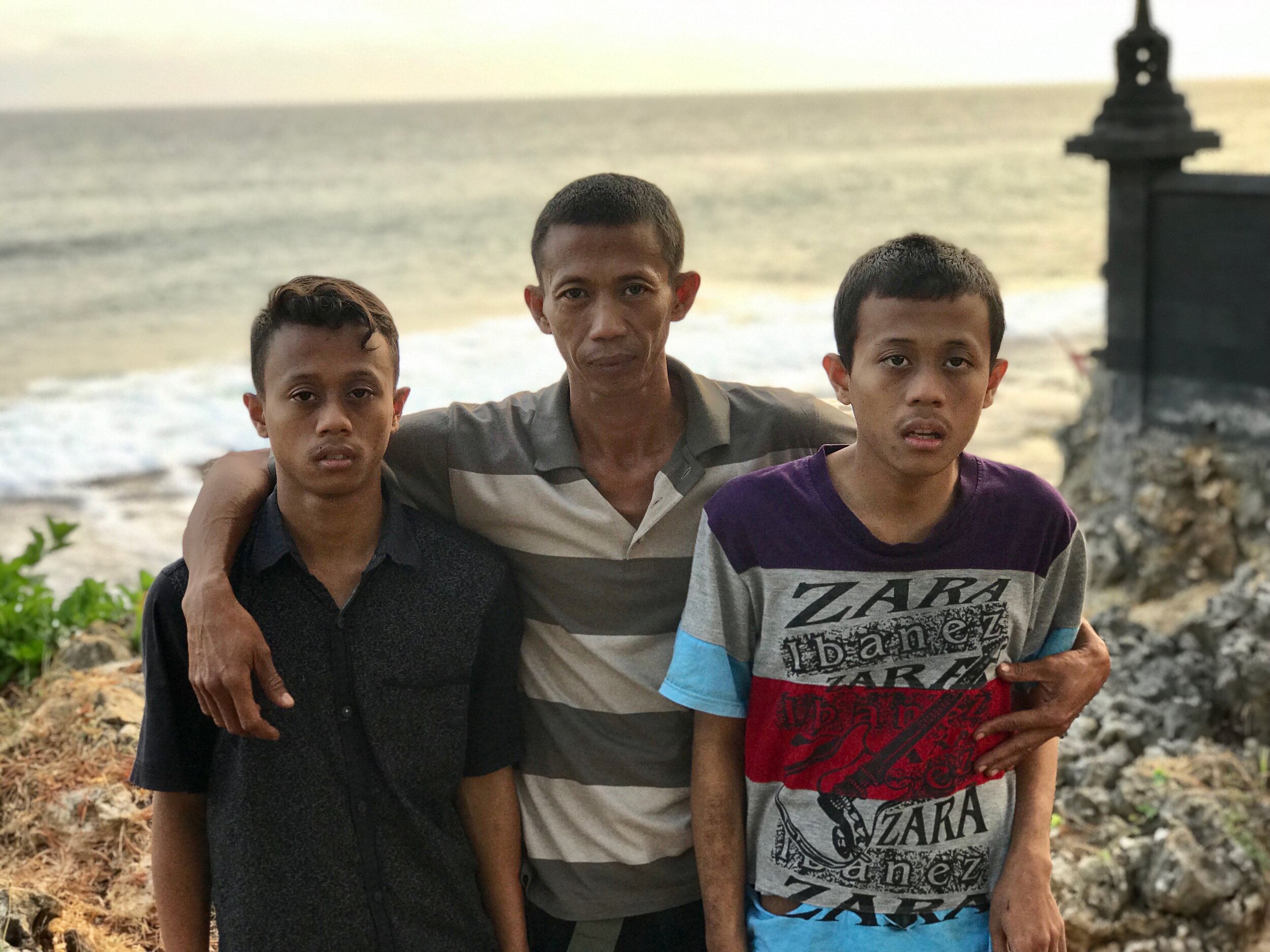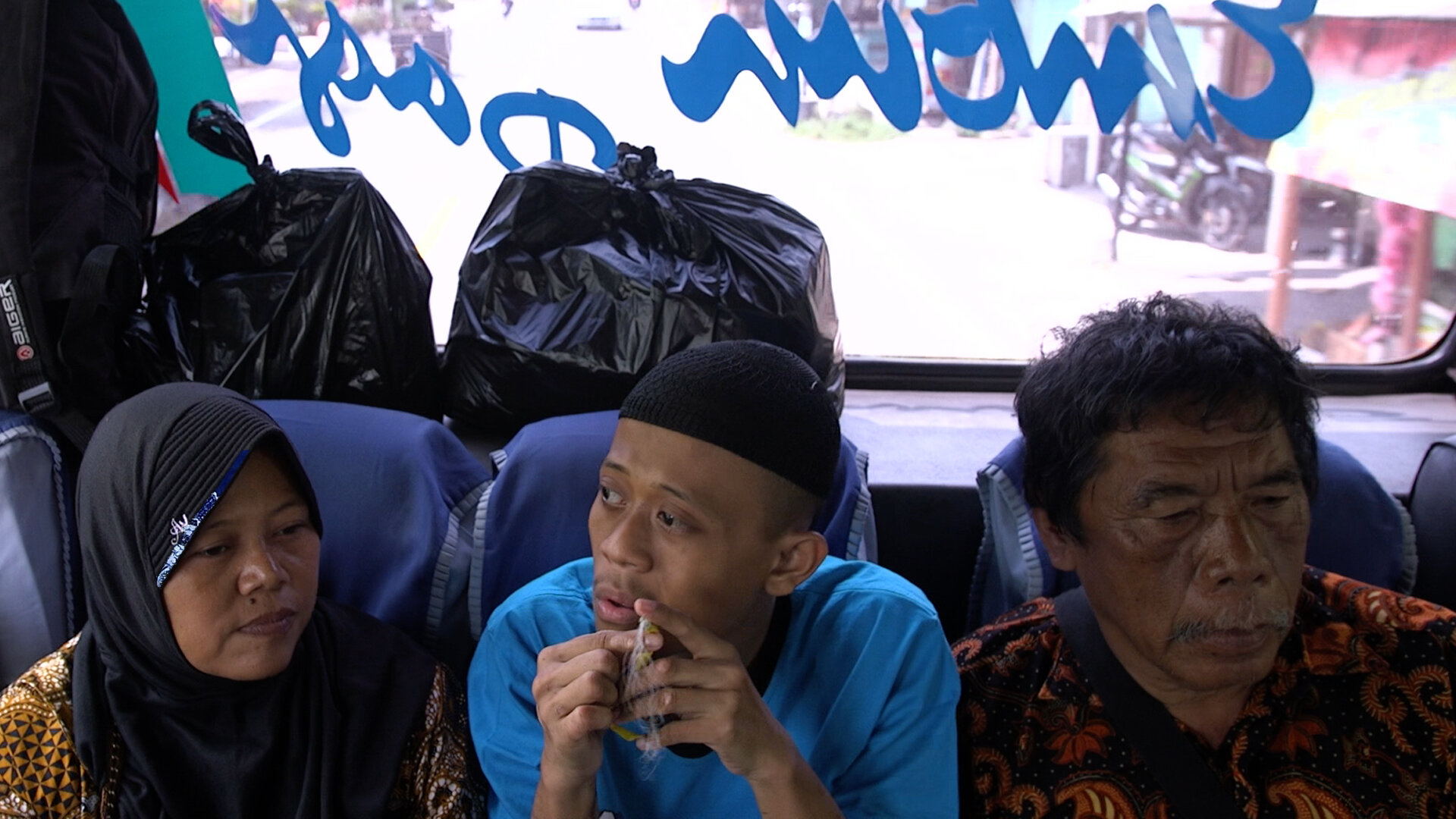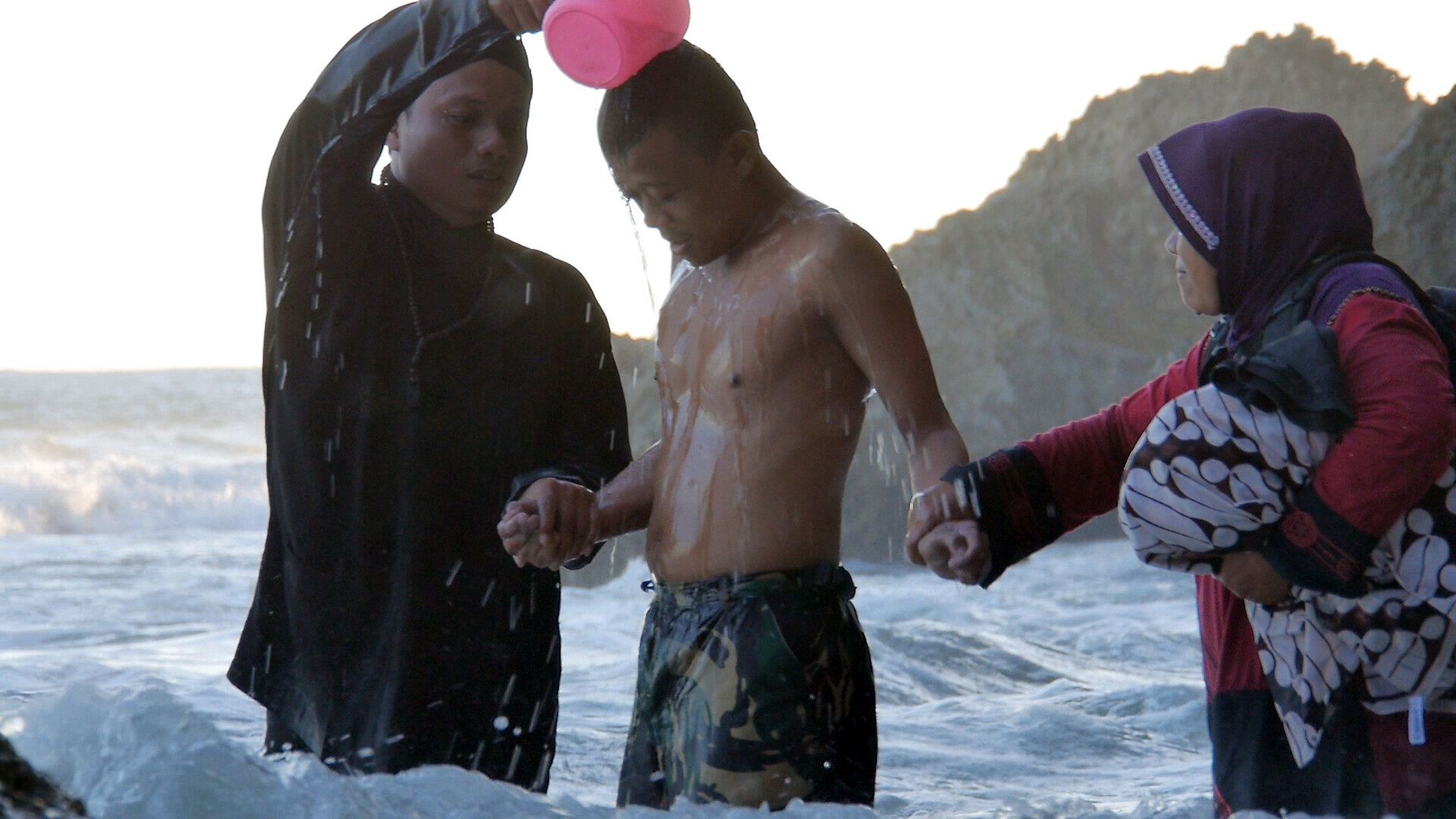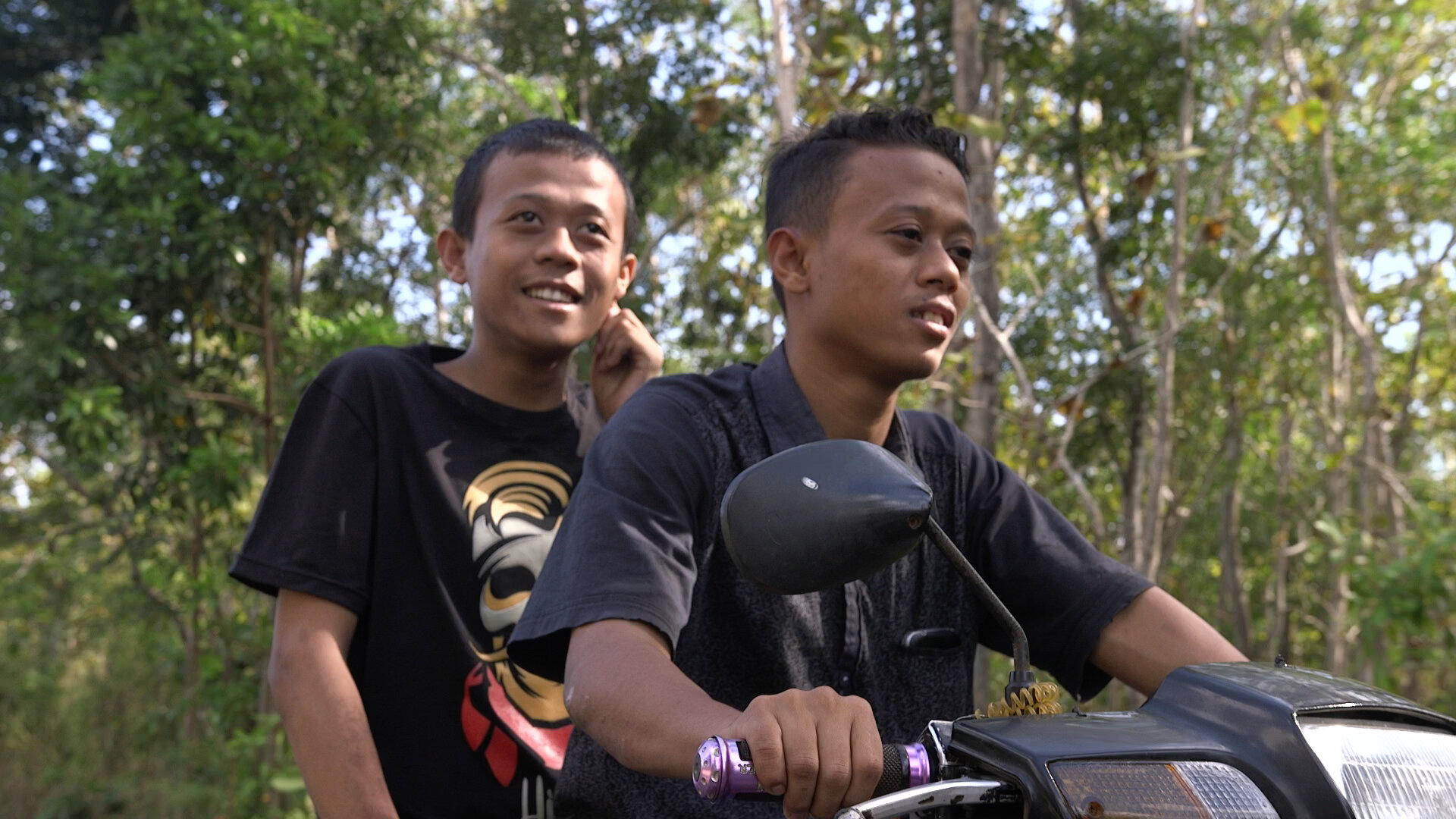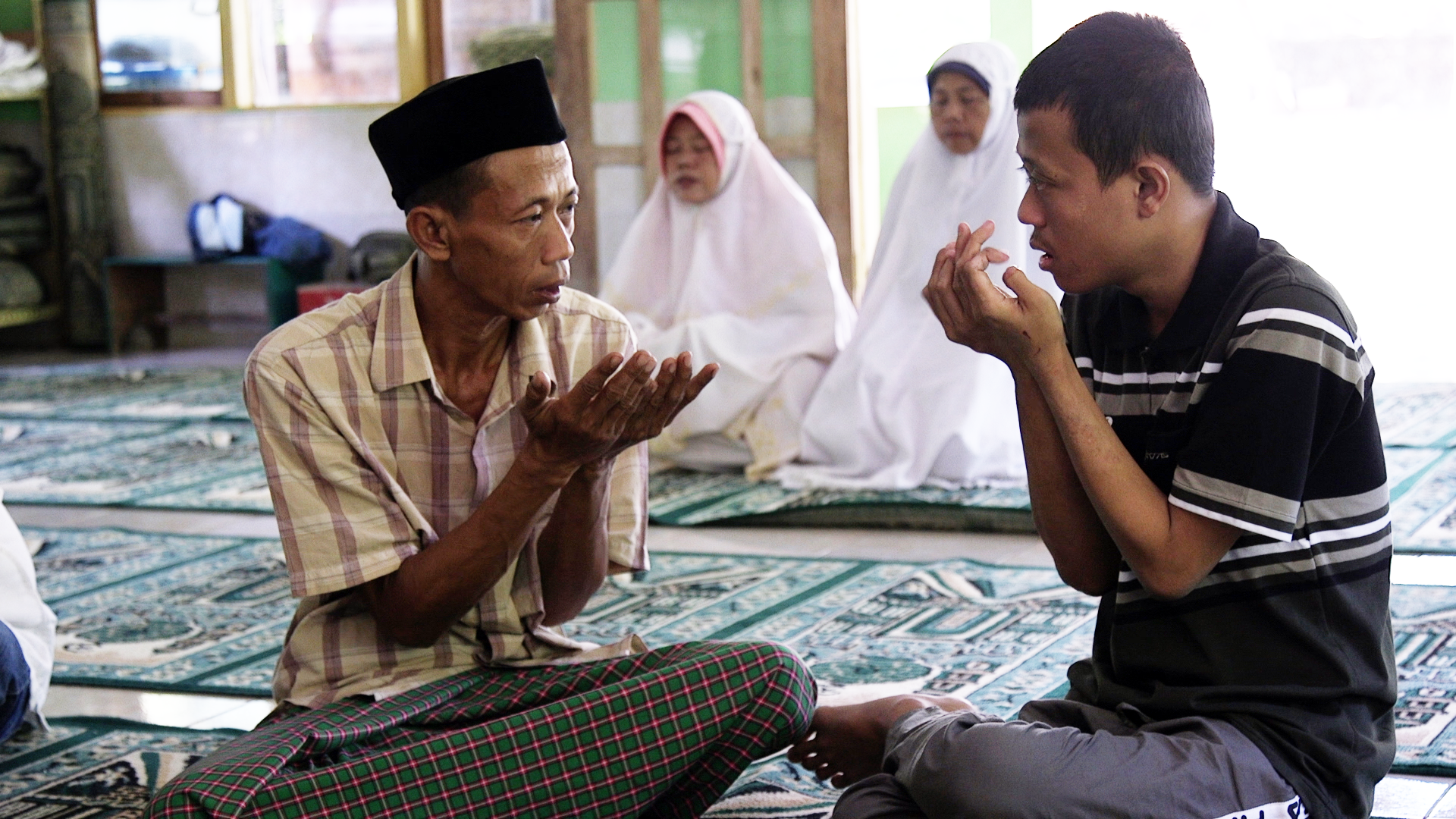Can Idris, a non-verbal autistic boy who has been isolated from others in his devout rural Indonesian village, find a place in his family and community? (68 min)
Well over half a million children in Indonesia are on the autism spectrum and have varying difficulty with social interaction and communication.
Idris is a nonverbal autistic boy living in rural Java who struggles to communicate and connect with others in his village. This is his story, and a story of how grassroots disability awareness movements, local cultural models of inclusion, and religious principles can unite to better support all members of a community.
Cultural beliefs about parenting have an important influence on parenting behaviours, including considerations about appropriate ways to parent children with autism. Although Indonesia has one of the largest and most ethnically diverse populations in the world, little is known about cultural beliefs regarding children with autism within Indonesian cultures. The goal of the present study was to investigate how Indonesian mothers from a range of backgrounds and without a child with autism understood autism and the most appropriate ways to parent such a child... The interviews revealed five related themes about autism, including traditional cultural beliefs about appropriate behaviour during pregnancy, karma, and God’s plan, that are not usually reported in the literature from western countries.
-Yulina Eva Riany, Monica Cuskelly & Pamela Meredith (2016) Cultural Beliefs about Autism in Indonesia. International Journal of Disability, Development and Education 63(6)
Subjects
Idris
Idris was born in Jakarta, Indonesia and now lives in a small village in Central Java. He has a twin brother, Idrus, whom he has been separated from since their parents divorced. Idris is non-verbal and was diagnosed with autism. Idris and his family have at times faced stigma from their fellow villagers over his developmental differences.
Idrus
Idrus is Idris’ neurotypical twin brother. He was a young child when his parents separated, and was raised by his paternal grandmother on the island of Lombok with sporadic contact with his mother and brother.
Isti
Isti, the mother of Idris and Idrus, is from a rural village in Central Java. She met and married the twins’ father, Mala, while working at a factory on the outskirts of Jakarta. After her divorce, Mala kept Idrus in Lombok and she took Idrus and moved away to Gunung Kidul. She has struggled to raise Idris, at times facing judgment from her community and unsure how to best respond to his medical, behavioral, and learning difficulties.
Mala
Mala was born on Lombok, an island in Western Indonesia. He married Isti and they had the twins, Idris and Idrus.
Sular
Sular is a widower who remarried Isti, despite the large age gap between them. He genuinely loves and cares for Idris and Isti, but his mother, who used to live with them, was less open to the mother and son.
Yasin
Muhammad Yasin is the founder of Bina Anggita, a private school in Yogyakarta serving children with autism.
Hermi
Hermi lives in Yogyakarta with her husband and three sons. After her oldest son, Osa, was diagnosed with autism, she founded an association of parents with autistic children, called Forum Kompak. Through Kompak, she works to spread autism awareness and to support the wellbeing of autistic children and their families.
Osa
Osa was diagnosed with autism when he was 15 months old. Since early childhood he has shown exceptional observation and memorization skills.
Festivals
Official Selection, Work-in-Progress, Society for Visual Anthropology Film & Media Festival, 2019
Finalist, Best Documentary, 4th Dimension Independent Film Festival, 2021
Best Ethnographic Film Award Winner, New York International Film Awards, 2021
Gallery
Crew
Robert Lemelson
Director/ Producer
Robert Lemelson is a cultural anthropologist, ethnographic filmmaker and philanthropist. Lemelson received his M.A. from the University of Chicago and Ph.D. from the Department of Anthropology at UCLA. Lemelson’s area of specialty is transcultural psychiatry; Southeast Asian Studies, particularly Indonesia; and psychological and medical anthropology. He currently is a research anthropologist in the Semel Institute of Neuroscience UCLA, and an adjunct professor of Anthropology at UCLA.
CHISAKO YOKOYAMA
Director/ Editor
Chisako Yokoyama has worked as an editor and assistant editor on studio motion pictures, independent features and narrative and documentary films. Her credits as editor include the English and Japanese language films “Saki,” “Takamine” and “Goemon” and as first assistant editor, “American Gangster”, “Memoirs of a Geisha”, “Black Hawk Down”, “Gladiator”, and “Good Will Hunting.”
Ninik Supartini
Co-Producer/ Field Producer
Ninik Supartini has assisted Dr. Lemelson in several research projects about community mental health in Java and Bali. In 2004, she returned to school at Gadjah Mada University to earn her Masters Degree in Developmental Psychology. Since 2006, Supartini has served as a mental health and psychosocial consultant for international humanitarian organizations working in post-disaster and conflict areas in Indonesia and Myanmar.
Annie Tucker
Co-Producer/ Researcher
Annie Tucker is a translator, writer, and educator specializing in contemporary Indonesian culture, literature, arts, and health. She received her PhD from UCLA’s Department of World Arts and Cultures. Her dissertation addressed the treatment of autism in Java with a particular focus on the therapeutic use of traditional arts and the philosophies of development embedded within them. She is an adjunct lecturer for UCLA’s Disability Studies minor.
Darwin Nugraha
Director of Photography
Darwin Nugraha has directed, filmed and edited feature and short documentaries in Indonesia. He has produced a TV series and is currently working on a feature length documentary.
Bella Stasia
Assistant Camera
Bella Stasia has filmed commercial music, wedding and lifestyle videos in addition to documentary and feature work.

















